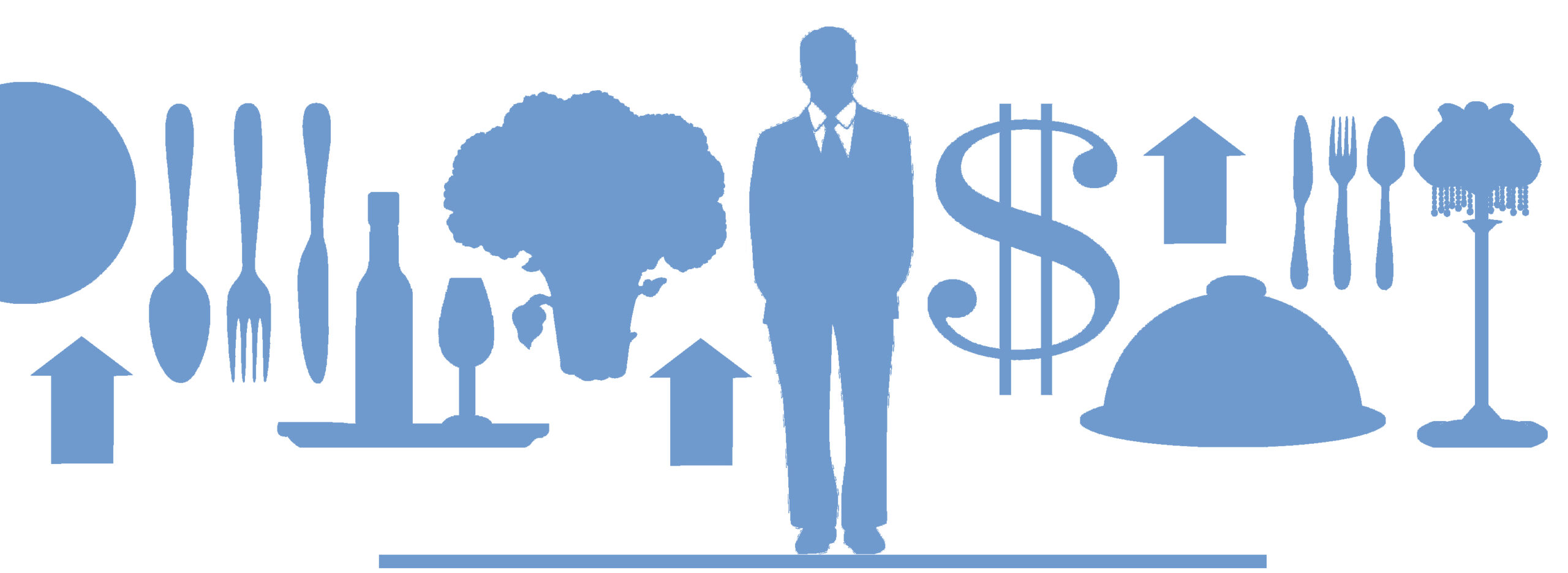“He who doesn’t understand history is deemed to repeat it.” And no one wants to repeat what we’ve all been through—and are still going through. So it’s not too early to reflect on what we have learned thus far from COVID-19 and about the response to the restaurant industry.
Our industry is diverse, and there have been winners and losers in this whole crisis. Obviously, restaurants with drive-thrus and those having a regular takeout and delivery system have done much better than full-service restaurants. Owners of upscale restaurants, as well as the neighborhood and downtown independents, have been the most severely hurt. But none has been effected more than the buffet sector, whose very existence is at stake. All that being said, let’s now look at what we can learn:
Government relief programs: While the government has tried to provide relief, they clearly misunderstood our industry. The government programs have not recognized the distinctions in the various sectors. The financial support needed for pizza concepts is entirely different than that for a closed fine-dining restaurant. Thus, one of the biggest problems with the government programs is they did not recognize what closure means. A restaurant closed by state or local mandates can’t automatically turn the payroll spigot on and use government funds. The premise was that an immediate short-term injection of cash would help in getting people back to work. But the problem was that in many cases the eight-week window to spend the funds was not realistic, especially if a restaurant was closed most of those weeks.
Further, the funds are actually needed to retool restaurants to meet consumer needs, so the employees will come back to a restaurant that has long-term viability. The Payroll Protection Program (PPP) does provide the 25 percent portion for interest, rent and utilities, and this is helpful; but a broader definition of the use for what the IRS calls “Ordinary and Necessary Expenses” is necessary. It is not too late to address these issues and provide the time and flexibility to make the PPP program a true safety line.
Other government programs that have been deployed, particularly the Main Street loans, are slow to get going and have created uncertainty with the banking community. That uncertainty has caused banks to be overly cautious, particularly after they were overwhelmed with the PPP loans. If our government is going to launch an aid program, they need to ensure there is deep industry involvement, the program is readily understandable by those who administer it, and there is certainty in funding.
The same lack of a thorough thought process applies to certain tax aspects of the Cares Act, in particular the lack of tax deductibility of forgivable expenses and the inability to use the employee retention tax credit if you have received PPP funds. Making the appropriate changes to these two provisions will be a welcome boast to our industry.
Hourly employees: There were too many approaches to handling employees, whether it was through furloughs, direct layoffs or continued payment (which was fairly rare). The restaurant industry clearly needs an overall plan, because what happens when these employees come back is key to long-term success. We should be looking particularly at the tipping system. We need a new paradigm wherein all employees are equitably compensated, and this will encourage long-term employment. The lower-paid, back-of-the-house kitchen and support workers need to share in the overall revenue and success of the restaurant. Introducing a service charge and menu price adjustments to provide a pool for all employees is crucial. Many restaurants have tried to address this issue informally. Now there needs to be a formalization and widespread participation. We don’t want restaurant employees to feel they are better off collecting unemployment.
Lenders/Banks: We have learned that the lenders by and large have been good to work with. They have provided routinely interest-only loans for the most part. Now we need to figure out the long-term solution. How do we structure debt covenants for the restaurant-lending community in such a way as to provide the flexibility necessary to deal with these extreme ups and downs? How can your lender be a resource in accessing the latest bank-administered loan programs? Also, how can they provide more efficient cash management and credit card services?
Landlords: In the future, leases need to be drafted in such a way as to take into account the kinds of crisis situations as those caused by the pandemic. We’ve learned that for the most part landlords have been pretty good about deferring rent and possibly adding it on to future years, or extending leases. These are only short-term solutions. We need to have landlords participate with their restaurant tenants long term to deal with the uncertainty of sales levels and overall volatility. Key ideas are going to a straight percentage rent or at least adjustable-base rent; possibly lease kick-out provisions if the restaurant just can’t make it; and finally, help with necessary capital expenditures to comply with social distancing.
Partnership in management: We have learned that in the future we will need to have a flatter management system. Employees will be playing multiple roles in both their line function and management. If we want our people to be career restaurant professionals, we must provide for growth and advancement.
Cooperation: We have learned that the restaurant industry is one of the most congenial and cooperative industries out there. This has not been a zero-sum game where there are limited winners and lots of losers. The goal has been to have as many winners as possible. There have been losers, and in many cases they decided it’s not worth it, or not worth the effort of trying to come back. We certainly need to continue to work together, sharing ideas, consulting with employees and consumers, and figuring out how to transform the dining experience in this new environment so that everyone can feel safe.
The good news is there are dedicated legislators all over the country trying to get it right. Let’s learn from our mistakes and hopefully we still have time to build a strong, viable and fun industry.
From the June/July 2020 issue of Foodservice News
Author
-

Co-founder and chairman of Monroe Moxness Berg PA, Dennis is a pioneer in corporate financing with a broad network of finance contacts and clients. He assists businesses, from emerging companies to multinational firms, by providing creative ideas, identifying unique financing sources, and developing the financial tools necessary for their growth and development.
